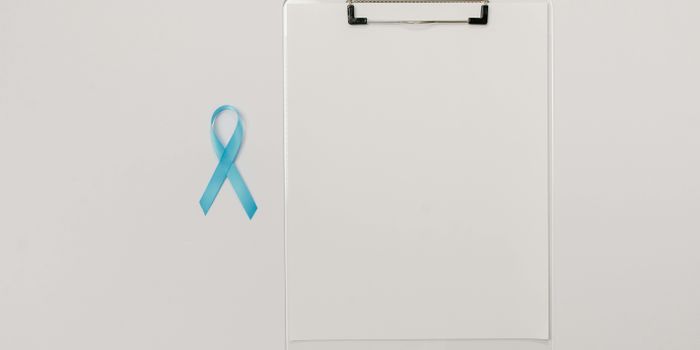For the first time in the US, there will be an alternative to hair loss for patients undergoing chemotherapy. The Food and Drug Administration recently approved for the US market a scalp-cooling cap that reduces hair loss related to breast cancer treatment.
Traditional cancer treatment with chemotherapy involves using highly toxic drugs to kill errant cancer cells. Because the majority of these drugs do not discriminate between cancer and normal cells, patients experience collateral damages as adverse side effects. Hair loss (alopecia) is a common side effect of certain types of chemotherapy, typically associated with treatment for breast cancer. Though considered a temporary effect, minimizing hair loss is important to the quality of life for many patients.
"Some of today's most powerful, life-saving chemotherapy treatments still cause complete hair loss, a side effect that many women consider to be emotionally devastating," said Dr. Hope Rugo, Principal Investigator for the study and Director of Breast Oncology and Clinical Trials Education at the UCSF Helen Diller Family Comprehensive Cancer Center.
Named DigniCap, the cooling system is manufactured by Dignitana in Sweden. It works by circulating a liquid coolant to a tight-fitting silicone cap worn on the head during chemotherapy sessions. A second cap made of neoprene covers this cooling cap to act as insulation and prevent loss of cooling. The entire system is computerized with sensors that continuously monitor scalp temperature and allow the system to maintain optimal cooling throughout treatment.
The coldness of the cap acts to constrict blood vessels in the scalp, reducing blood flow to the hair follicles and protecting the hair from the flow of toxic chemotherapy agents in the body. In addition, the cooling action slows down cell division activities of the hair follicles, which makes them less susceptible to the uptake of chemotherapy drugs. These factors together reduce the risk of hair loss associated with cancer treatment.
A U.S. clinical trial studied the effects of the DigniCap in 122 women with Stage I and Stage II breast cancer who were undergoing chemotherapy. Patients then self-assessed the hair loss using standardized photographs at one month after the last chemotherapy cycle. More than 66% of these patients reported keeping at least 50% of their hair. In addition, patients reported high satisfaction for the experience: a mean of 87.5 satisfaction with the decision to use the DigniCap, a mean of 70.9 for hair quantity, and a mean of 69.1 for hair quality (ranked from 0 to 100, with 100 being “completely satisfied”). No severe adverse events were reported.
The US trial only evaluated the device on chemotherapy regimens using taxanes, such as paclitaxel and docetaxel. However, abroad the device has also been studied with anthracyclines, such as epirubicin and doxorubicin.
While the risk of the chemotherapy drug missing breast cancer cells in the scalp is considered extremely low, the benefits of the cooling cap are significant. The device minimizes the psychological impact of the diagnosis and makes the chemotherapy process more tolerable. Reducing hair loss during chemotherapy allows these patients to retain some normalcy and privacy in their lives. Thus many people are pleased with the FDA's clearance of this device into US markets.
Source:
Fierce Medical Device release









